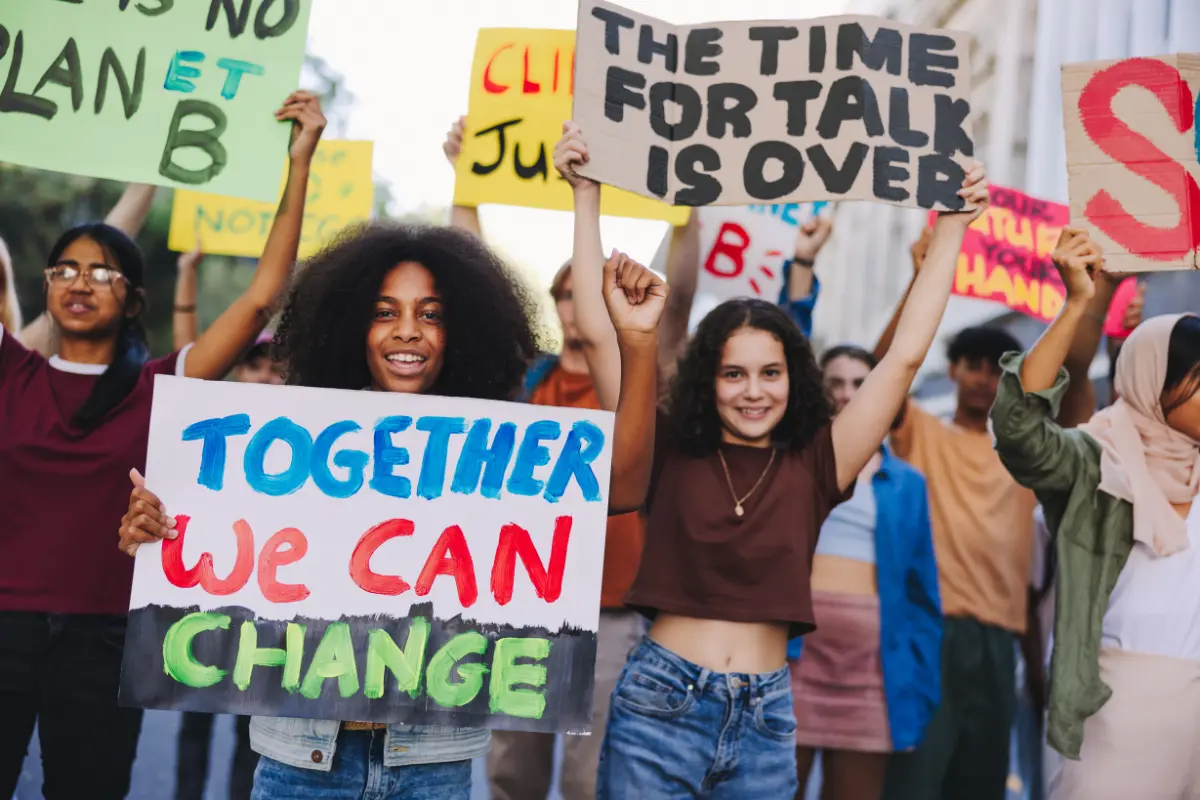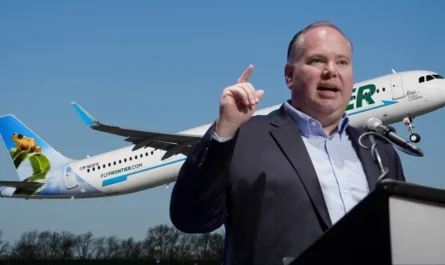Nigeria’s government is urging its young citizens to step up as leaders in delivering the United Nations’ Sustainable Development Goals (SDGs) ahead of the 2030 deadline, framing the country’s youth as a critical force in shaping national and global progress.
At a special dialogue held in Abuja to mark International Youth Day 2025, Minister of Youth Development Ayodele Olawande told participants that the era of symbolic youth participation must give way to genuine influence and leadership in decision-making.
“We’re not talking about inclusion for show,” Olawande said. “Young people must be in the driver’s seat, making real decisions and driving real results.”
The event, hosted at the UN House and attended by United Nations Resident and Humanitarian Coordinator Mohamed Malick Fall, brought together government officials, activists, innovators, and student leaders from across Nigeria. The discussion focused on the year’s theme: “Youth Advancing Multilateral Cooperation through Technology and Partnerships.”
Olawande described the forum as a platform not just for speeches, but for hearing directly from young Nigerians about their priorities and ideas. He pledged that the Ministry of Youth Development would ensure these views are integrated into government programmes.
The minister pointed to Nigerian youth-led initiatives in climate action, health innovation, and technology-driven education as evidence that the SDGs can be achieved through grassroots leadership.
He also highlighted the global influence of Nigerians like UN Deputy Secretary-General Amina Mohammed and peace advocate Maryam Bukar, saying their achievements prove that local voices can shape global policy.
“Our young people are already making a difference,” Olawande noted. “The task now is to create an environment that supports and scales their impact.”
In his remarks, Mohamed Malick Fall of the UN called Nigerian youths “the future happening now,” urging them to see themselves not just as beneficiaries of programmes, but as partners and leaders in solving global challenges.
“You have the numbers, the energy, and the ideas,” Fall said. “The question is: will you use them to lead?”
Fall stressed that Nigeria’s large youth population, one of the biggest in the world, gives the country a strategic advantage, provided that government, development partners, and civil society work together to channel that potential effectively.
Recent years have seen young Nigerians play a more visible role in the country’s democratic processes. They have mobilised on social media to promote voter participation, pushed for greater transparency in governance, and joined global movements for justice and climate action.
Partnerships between tech companies and civil society have supported this engagement. Initiatives like Facebook’s Nigeria Election Integrity Hub and Google’s efforts to promote accurate election information have helped counter misinformation and build trust in democratic processes.
Meanwhile, the UN Development Programme, working with Nigeria’s electoral commission, has expanded leadership training and digital voter education to ensure young citizens are not only casting ballots but also shaping policy debates.
Outside politics, Nigerian youth are driving innovation in sectors such as fintech, agrotech, healthtech, and edtech. Start-ups like Flutterwave, Paystack, PiggyVest, and Moniepoint have transformed access to financial services, drawing international investment and recognition.
Access to global grants, incubators, and fellowships has allowed many of these innovators to tackle issues that go far beyond Nigeria’s borders, from climate change to digital governance and global health.
Analysts say sustained progress will depend on improved digital infrastructure, affordable internet access, and education systems that equip young people with 21st-century skills.
Nigeria’s youth are also making their mark through sports and creative industries. The Super Falcons’ strong performance at the 2025 Women’s Africa Cup of Nations, along with the international success of Afrobeats artists like Burna Boy, Tems, Wizkid, and Davido, have boosted Nigeria’s image worldwide.
Social media influencers and content creators are exporting Nigerian culture to new audiences, reshaping perceptions of the country and contributing to what experts call Nigeria’s growing “soft power.”
With more than half of Nigerians under the age of 30, experts see an opportunity for a “youth dividend” that could fuel economic growth, technological innovation, and diplomatic influence.
But that potential will only be realised if the country invests in skills training, infrastructure, and policies that enable youth-led enterprises to thrive.
As the International Youth Day dialogue came to a close, Olawande left the audience with a direct challenge: “The future isn’t waiting for you, it’s already here. Lead it.”
FAQs
What role do Nigerian youths play in achieving the SDGs?
They are leading grassroots climate projects, creating tech-based solutions in health and education, engaging in democratic processes, and building innovations that address both local and global challenges.
What is meant by Nigeria’s ‘youth dividend’?
It refers to the economic and social benefits that can result from having a large, well-educated, and actively engaged youth population, if provided with the right opportunities and resources.













